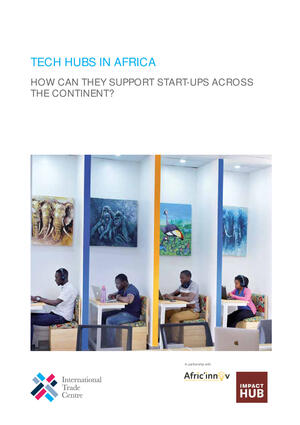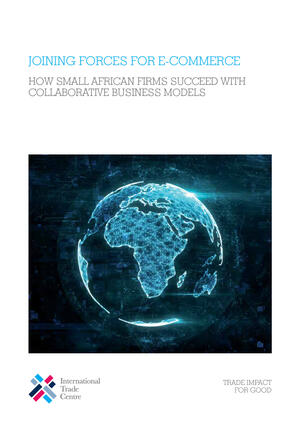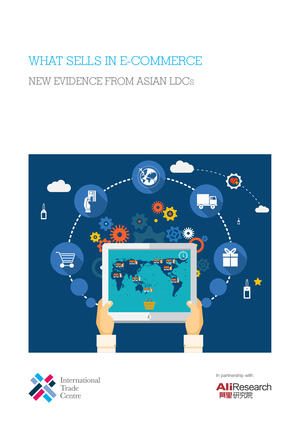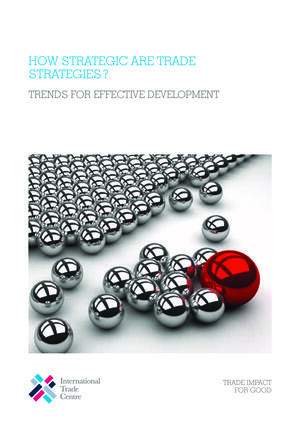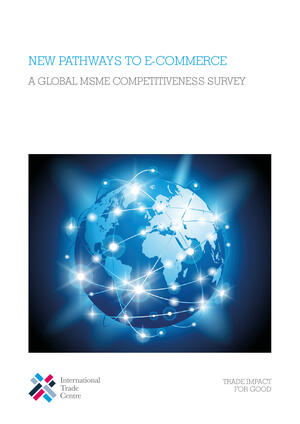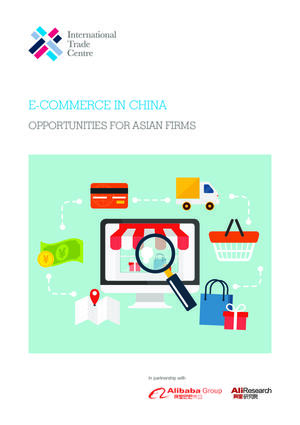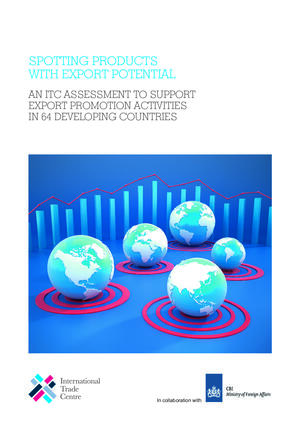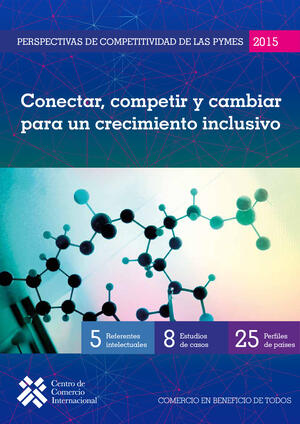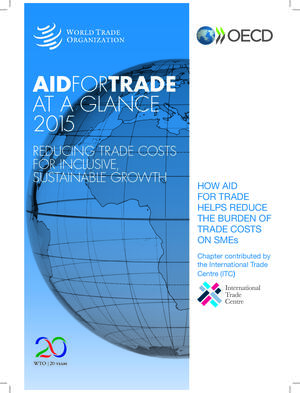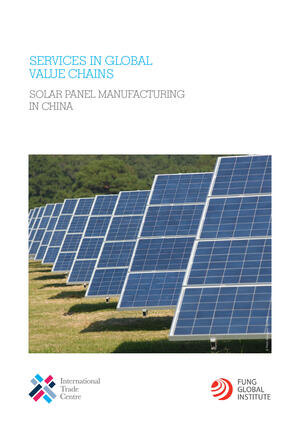Tech hubs in Africa: How can they support start-ups across the continent? (en)
African tech hubs play an important role in building fledgling entrepreneurial ecosystems and helping start-ups, but they struggle to earn revenue and become financially sustainable.This report, based on interviews with dozens of hubs across Africa, examines what hubs do, how they make an impact and...




